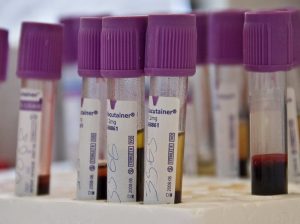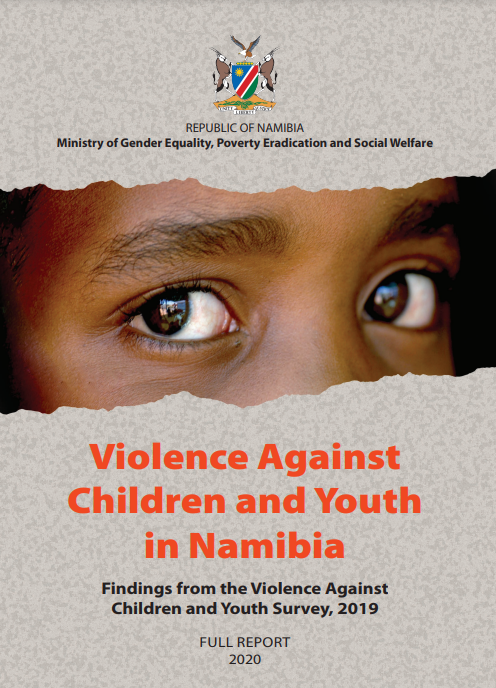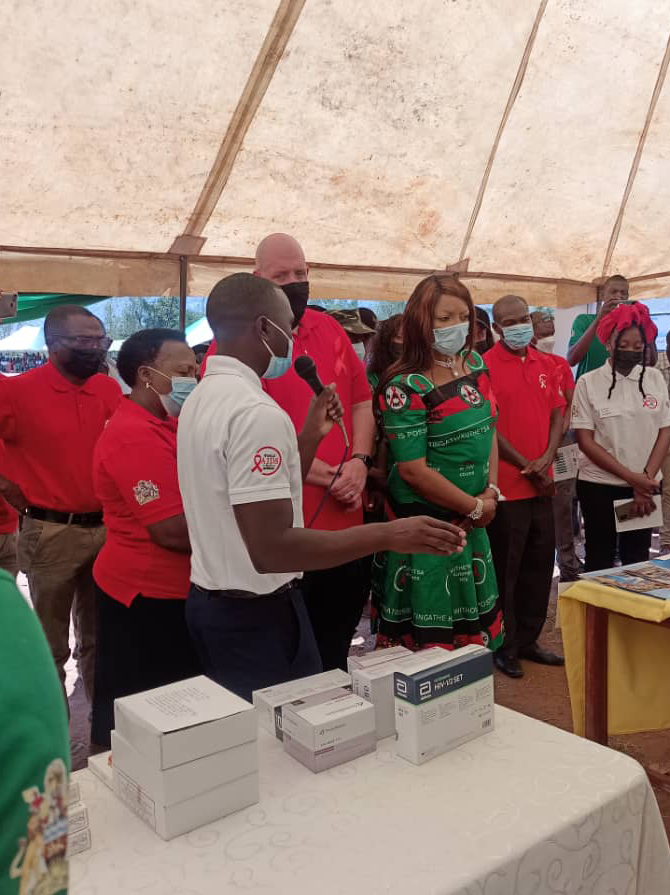
On April 1, the International Training and Education Center for Health (I-TECH) celebrates 20 years since its founding. It has since grown into the largest center in the Department of Global Health (DGH) and one of the largest centers at the University of Washington (UW).
“We are proud to mark this milestone,” says Dr. Pamela Collins, Executive Director of I-TECH, Professor of Psychiatry and Behavioral Sciences, and Professor of Global Health at UW. “For 20 years I-TECH has helped to save lives through its support of public health systems in the Caribbean, Europe, Africa, and Asia. Over the years, our scope has broadened, but responsive partnerships with ministries of health, collaborating NGOs, and our donors have been central to the work.”
I-TECH comprises a global network, operating in 17 countries, that fosters healthier communities around the world through equitable partnerships in research, training, and public health practice. Its work is rooted in health care training and draws on a culturally rich community that includes UW faculty, global partners, and U.S. and global staff and students. This community of people with diverse backgrounds, experiences, and opinions encourages learning from one another while working toward high quality, compassionate, and equitable health care.
“COVID-19 has reminded me, and many of us, about the critical and life-saving role of health care workers, a group that often lacks proper support,” says Ivonne X. “Chichi” Butler, Associate Director at I-TECH. “At the same time, collectively, we have come to understand the urgent need for stronger and better prepared health systems to respond to the COVID crisis.
“At I-TECH, these concerns have been at the heart of our work for the past 20 years,” she continues. “We have invested–and continue to invest–in health workers and in the systems in which they work. I am proud to be part of a center that has transformed the delivery of HIV care and treatment in so many countries and that truly puts individuals and communities at the forefront to meet their particular needs.”
I-TECH began in 2002 with its first award, the International AIDS Education & Training Center (IAETC) grant. The IAETC was administered by the Center for Health Education and Research (CHER), within the Department of Health Services (now the Department of Health Systems and Population Health). This was one of CHER’s first forays into what would become known as “global health.”
“The IAETC award was the first of its kind at UW,” says Shelly Tonge-Seymour, Associate Director of I-TECH, who has been with the center for 20 years, “the first to translate lessons from the U.S. to improve the training of health care workers and delivery of care globally.”
With the advent of the U.S. President’s Emergency Plan for AIDS Relief (PEPFAR) in 2003, I-TECH’s portfolio expanded rapidly, reflecting the evolution of PEPFAR from “emergency” to a longer-term investment in health systems strengthening. I-TECH became an official UW center in 2008, a year after joining UW’s new Department of Global Health at the invitation of Dr. King Holmes, then-chair of DGH. “It became clear that we had grown so large that we needed our own administrative core,” says Tonge-Seymour.
Through its work with PEPFAR, I-TECH’s efforts have contributed meaningfully to the huge advancements in HIV prevention, care, and treatment seen across the globe, with a particular emphasis on groups that have been marginalized or stigmatized.
“One of the most powerful changes in the past 20 years in the Caribbean Region has been in the attitude toward key population groups,” says Natalie Irving-Mattocks, Executive Director of the Caribbean Training and Education Center for Health (C-TECH), one of I-TECH’s independent partner organizations. “Through the Key Populations Preceptorship Program, I-TECH has contributed significantly to better health in the Caribbean region by training healthcare workers to provide nonjudgmental, high-quality, comprehensive HIV care to men who have sex with men, transgender women, and sex workers.”
C-TECH is just one of the independent organizations I-TECH has helped to establish worldwide. Once operating as I-TECH Zimbabwe, the team at the Zimbabwe Technical Assistance, Training, and Education Center for Health (Zim-TTECH) has a long history of partnering with local organizations and community-based health care workers to increase access to care.
“I’ve been involved with I-TECH for its entire 20 years, and the most impactful thing for me has been the contribution I-TECH has made in Zimbabwe to supporting the development of lay cadres into primary counselors,” says Abisha Jonga, Senior Program Manager at Zim-TTECH. “This program created a career path for so many, made HIV counseling services more accessible to the general population, demystified HIV testing, and shaped the individuals’ lives.”
Dr. Batsi Makunike, Executive Director of Zim-TTECH, agrees that fostering local connection has been the key to success. “I am particularly proud of the fact that I-TECH has succeeded in nurturing local organizations,” says Dr. Makunike. “Providing full support without competition–that is huge. Without I-TECH, there would be no Zim-TTECH.”
Malawi has seen its health care landscape change dramatically in the past 20 years and is now close to meeting the UNAIDS 95-95-95 targets for the elimination of HIV. Since 2008, I-TECH has partnered with the Malawi Ministry of Health’s Department for HIV and AIDS and helped to generate pioneering policy initiatives such as the 2011 adoption of Option B+ for the prevention of mother-to-child transmission (PMTCT) of HIV. Option B+ provides universal, lifelong ART for pregnant and breastfeeding women. Based on Malawi’s documented success, the World Health Organization formally adopted Option B+ as a global policy in 2013.
“We truly believe that I-TECH has significantly contributed to the prevention of thousands of infant infections and AIDS deaths among children, adolescents, and mums and dads in Malawi,” says Dr. Andreas Jahn, Senior Technical Advisor with I-TECH Malawi. “We have walked this journey with a whole generation of Malawian HIV program colleagues, and we have learned a tremendous amount from each other.”
I-TECH’s funding has grown from $500,000 for its initial award in 2002 to a cumulative total of more than $1 billion. The center currently has 26 awards, harnessing UW technical expertise in multiple technical areas from mental health to electronic health information systems to global health security and emerging health threats.
As I-TECH has adapted to changing needs, at its core remains a commitment to creating equitable partnerships and facilitating knowledge sharing throughout the I-TECH network, which includes I-TECH’s own country offices, independent partner organizations fledged from I-TECH, ministries of health, academic institutions, community groups, and others.
“When I reflect on the success of I-TECH in reaching the age of 20, two observations keep coming up for me,” says Dr. Ann Downer, co-founder and former Executive Director of I-TECH and Professor Emeritus in the Department of Global Health. “One is about the power of unity. I believe that the ability of a diverse group of individuals and teams to hold a common vision and set of values generates resilience. This unity allows I-TECH to continue operating after 20 years with integrity and grace across enormous geographic, linguistic, and cultural borders and despite regular economic and social challenges.
“The other observation is about the importance of encouraging leadership from all parts of an organization,” she continues. “This requires us to embrace the value of humility and results in our ability to listen and learn. Both are critical actions for successful work anywhere but are essential for working ethically on a global stage.”
The I-TECH story continues to unfold. From a modest grant with limited staff to a vital, resilient, and animated worldwide network of more than 1,600 dedicated personnel, I-TECH will continue to work alongside its global partners in its commitment to stronger health systems and safer, healthier communities.
“There’s so much to celebrate and a wealth of lessons to light the way forward,” says Dr. Collins. “In this era of pandemic, war, and fractured communities, our vision for health is needed now more than ever.”
 The International Training and Education Center for Health (I-TECH) presented findings from two I-TECH-supported programs during the
The International Training and Education Center for Health (I-TECH) presented findings from two I-TECH-supported programs during the 

